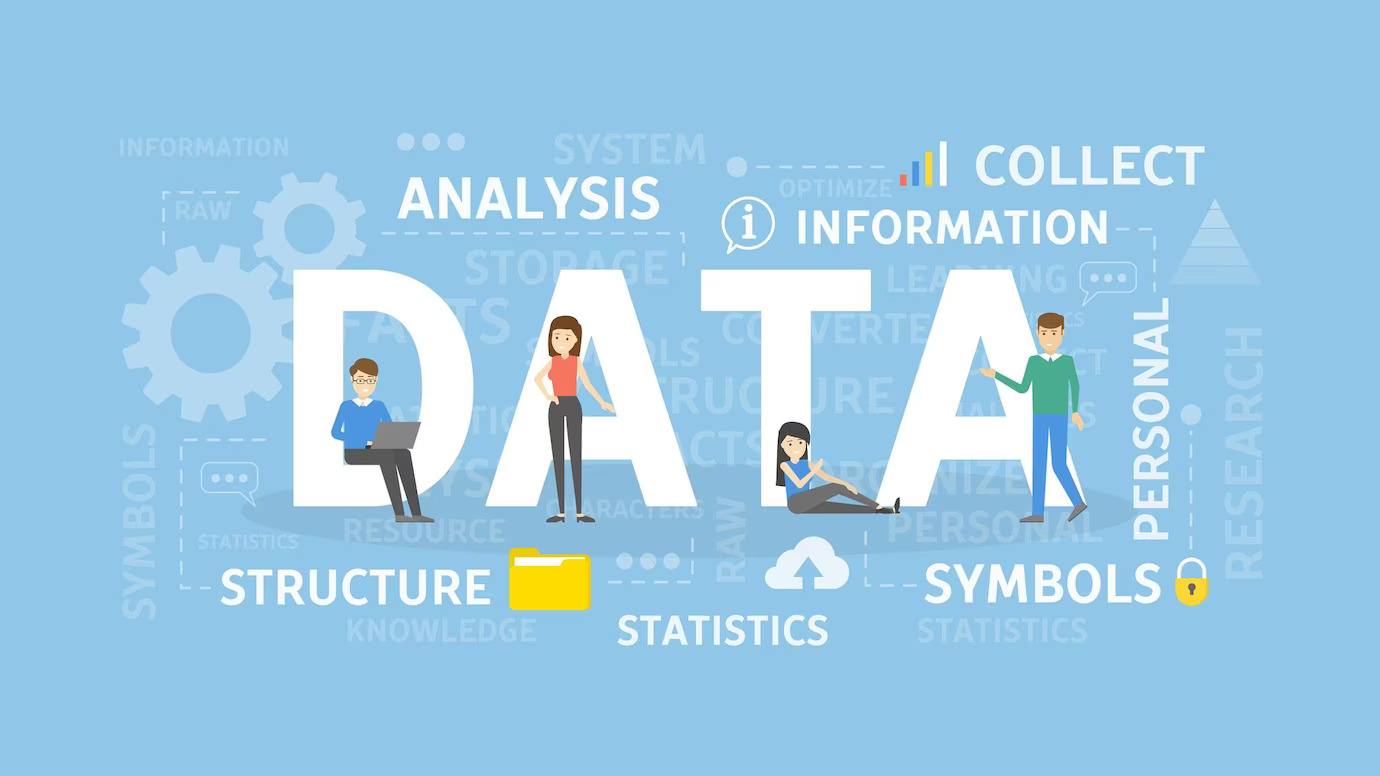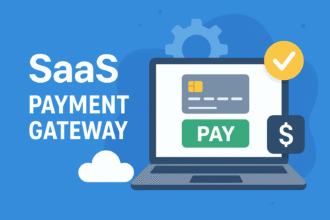Curriculum and Specializations in Data Science Programs: what to expect?
- 1 Data Science Program Curriculum
- 2 Types of Data Science Specializations
- 2.1 Business Analytics & Business Intelligence
- 2.2 Data Science Featuring Computational Track
- 2.3 Data Warehousing & Data Engineering
- 2.4 Database Architecture & Database Management (DBMS)
- 2.5 Statistical Analysis & Data Mining
- 2.6 Machine Learning
- 2.7 Managerial Data Science
- 3 Why enroll in a Data Science Specialization program?
- 4 Conclusion
The need for data science jobs and degrees has increased due to the growth of big data. Explore valuable insights into data science specializations before making this big career decision.
Today, one can pursue a data science program in different specialties from top universities as more companies and enterprises come to grasp the significance of data science. Understanding the resources and processes expected by a specialist in your chosen data science subject can help you prepare for the data science field’s growing complexity.
The name and breadth of the data science specializations available to students vary based on the institution. However, any data science specialization often includes fundamental data science techniques for collecting, organizing, and interpreting data.
Data Science Program Curriculum
Are you completely new to data science? Don’t know where to begin with? Check out this video:
With data science programs, you will learn ethics, communication, statistics, mathematics, and computing skills. These specializations upgrade your analytical thinking, technical expertise, and quantitative aptitude and help you learn how to gather, analyze, and produce meaningful insights from data.
Do this all within a structured data science curriculum that saves you from navigating challenging elective models.
Data Science Specializations
With data science specializations, you’ll take big data, mathematics, and computer science, among many other subjects. Learning storytelling, public speaking and graphic design will also be a part of such specialization courses. You will acquire the information and abilities necessary for data collection, cleaning, visualization, algorithm generation, and trend identification.
Types of Data Science Specializations

Business, research, and government are all integrating data science more and more. You can develop the abilities you must support your firm’s success by specializing in data science. Here is the top data science specialization you must know about.
Business Analytics & Business Intelligence
Suppose you choose to specialize in business analytics and intelligence. In that case, you will gain insight into leveraging data to make quick and effective business decisions, interpret and communicate data information to stakeholders, and assist in resolving issues in their businesses. Here is a table for a better understanding:
| Skills & Expertise | Regression modeling Database management Statistical analysis methods Reporting & presentation Mathematical process skills |
| Career Prospects | Marketing analyst Business analyst Market research analyst Business Intelligence analyst |
| Prerequisites | College-level degree in statistics and math Programming coursework |
Data Science Featuring Computational Track
When pursuing this computational data science specialization, you’ll emphasize learning the fundamentals of data science, such as big data infrastructure, data analytics, algorithms, and data systems.
| Skills & Expertise | Technological theory knowledge Statistics and engineering Mechanics of data science approaches Data science methodologies Information retrieval Algorithms and data structures |
| Career Prospects | Data science jobs in the field of Healthcare Finance Retail Banking Defense |
| Prerequisites | Knowledge of math, including calculus College-level programming coursework |
Data Warehousing & Data Engineering
With this data science specialization, you will gain knowledge of the techniques and tools needed to handle huge data warehouses. Also, you could study engineering and problem-solving techniques depending on big data solutions.
| Skills & Expertise | Data processing and analyzing Developing and testing models for handling huge volumes of data Data collection and storage optimization Learning new programming languages Reporting and visualization techniques |
| Career Prospects | Data manager Data Engineer Data analyst Data scientist Computer network analyst Computer systems analyst |
| Prerequisites | College-level degree in either of these fields: Computer or electrical engineering Computer science Information systems Mathematics or statistics |
Database Architecture & Database Management (DBMS)
Typically, this specialization will help you learn how to collect and process data and develop and handle large data systems. These abilities facilitate information access and interpretation for individuals within your organization.
| Skills & Expertise | Business analysis Big data systems engineering Data warehousing Data design and management Business intelligence Advanced architecture design |
| Career Prospects | Database administrator Data Engineer Database architect Information modeling engineer |
| Prerequisites | College-level degree in either of these fields: Computer science Mathematics or statistics |
Statistical Analysis & Data Mining
In this data science specialization, you will integrate mathematical and statistical studies with in-depth computer and data analytic skills.
| Skills & Expertise | Data management Statistical computing and learning Mathematical and applied statistics Analysis and model-building |
| Career Prospects | Quantitative analyst Data Engineer Data mining analyst Marketing analyst Data analyst |
| Prerequisites | College-level degree or any course in programming, mathematics, algebra, or statistics |
Machine Learning
You’ll learn techniques for enhancing cognitive functions and advancing automation through sophisticated computational algorithms. You’ll understand how algorithms and models can be applied to tackle challenging problems by the end of the course.
| Skills & Expertise | Data mining Natural language processing Pattern recognition Applied statistics Information visualization Data and network security |
| Career Prospects | Statistician Application Developer Software engineer Programmer Data Architect |
| Prerequisites | Bachelor’s degree in applied mathematics or statistics Any course on programming |
Managerial Data Science
In this type of program, you’ll typically be taught methods for managing data science projects. Programs may focus on a mix of technical, interpersonal, and project management skills.
| Skills & Expertise | Specific business domain knowledge General management Programming languages Database systems |
| Career Prospects | Data science program manager Project manager |
| Prerequisites | Basics of programming languages and maths Work experience in the data science field |
Why enroll in a Data Science Specialization program?

- Executives and entrepreneurs will greatly appreciate your data science competence to use big data within their firms.
- For the many specializations encompassed by the data science degree, educational opportunities are available both online and off-campus.
- The profession of a data scientist lends itself to portability and flexibility, allowing for the possibility of working remotely and maybe more freedom regarding where you choose to work.
- By the end of 2030, there will be a 31.4% increase in data science job opportunities, says the US Bureau of Labor Statistics.
Conclusion
When you obtain a data science program degree, you learn a new programming language, explore the background of big data, and lay the groundwork for machine learning. Uncertain of your suitability for data science?
With Simplilearn’s Data Science Professional Certificate, you may explore a data scientist’s daily tasks while gaining marketable skills.

















